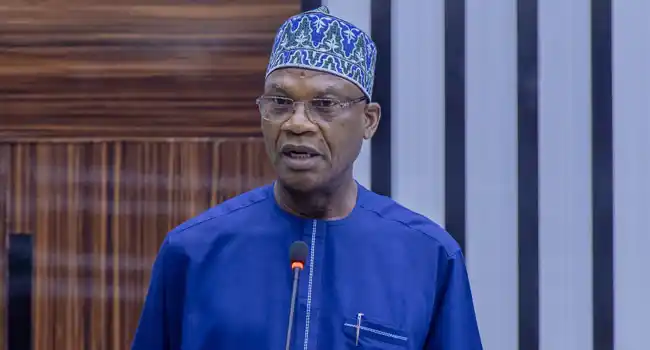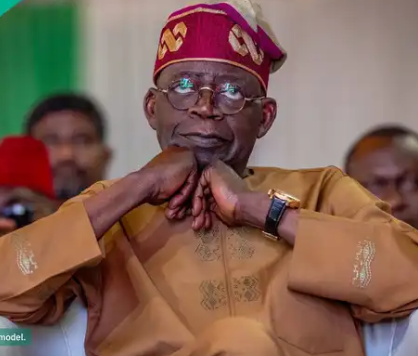A 15-year-old Senior Secondary School (SSS) student, Chinaemere Opara, has filed a lawsuit against the Federal Ministry of Education, the Joint Admissions and Matriculation Board (JAMB), and the National Universities Commission (NUC) regarding a government policy that limits university admissions in Nigeria to applicants aged 18 and above.
In July, Minister of Education Prof. Tahir Mamman announced that starting in 2025, candidates under 18 would be barred from taking the Senior Secondary Certificate Examination, a necessary step for university admission.
This announcement sparked significant debate among educators and parents, leading Mamman to adjust the admission age to 16 for this year.
Opara’s lawsuit was submitted through his guardian, Mr. Maxwell Opara, his father and a lawyer, at the Federal High Court in Abuja on Monday, October 14, 2024.
According to the News Agency of Nigeria (NAN), the originating motion, marked FHC/ABJ/CS/1512/2024 and filed on October 14 by Wayne Elijah, lists the ministry, JAMB, and NUC as the 1st to 3rd respondents.
In his six reliefs, Opara seeks a declaration that the respondents’ policy restricting admission age is discriminatory and unconstitutional. He argues that it violates his right to freedom of expression as outlined in Section 42 of the 1999 Constitution and various articles of the African Charter on Human and Peoples’ Rights.
He requests that the court affirm his right to peaceful assembly and association, which he claims the admission policy undermines. Opara also seeks a declaration that the policy infringes on his equal access to public service.
Additionally, he is asking for a perpetual injunction to prevent the respondents from interfering with his rights, as well as a ruling to nullify the policy....Read Full Article [Click Here>]
In an affidavit filed by Maxwell, he states that he is Chinaemere’s biological father and that his son is directly affected by the minimum age policy. He asserts that the policy impedes Chinaemere’s right to freedom from age discrimination and access to education.
Maxwell notes that Chinaemere learned from an online newspaper that the minister insisted on implementing the policy, which disqualifies anyone under 16 from university admission, regardless of academic ability.
He states, “The applicant believes that his right to education has been or is likely to be violated,” explaining that Chinaemere plans to enter SS 3 in the 2024/2025 academic session and intends to take the WAEC, NECO, and JAMB exams in 2025, aiming for university admission in 2025/2026.
Maxwell emphasizes that there is no specific age limit for university admission in Nigeria, stating, “However, candidates typically must have completed their secondary education and sat for WASSCE or its equivalent.” He also asserts that candidates must meet certain academic qualifications but that age is not a legal barrier.
He expresses confidence in Chinaemere’s academic potential, stating, “The applicant strongly believes that he will perform excellently and make good grades in all the subjects that will be required for him to gain admission,” and shares his son’s aspiration to study Medicine and Surgery, which requires a total of eight years of education and training.
As of this report, the case has not yet been assigned to a judge.





